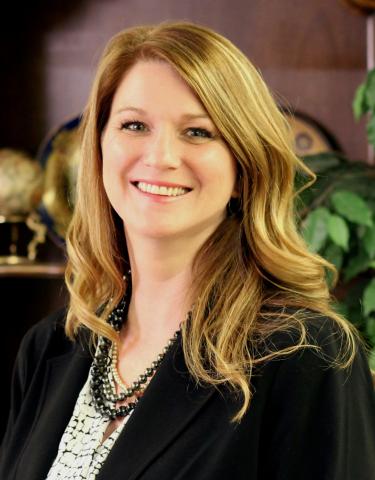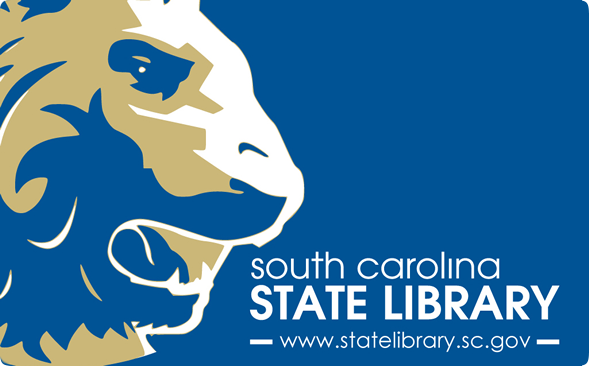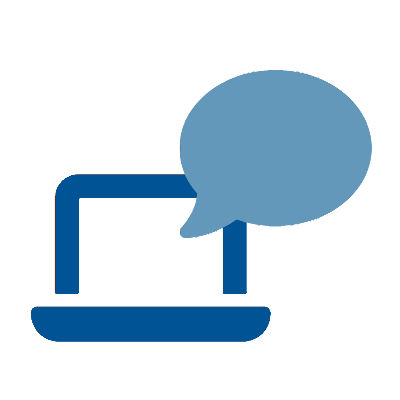
Last month, I wrote about leadership during the pandemic, feelings of anxiety during this period of stress, and the need to balance ourselves and support each other. Those feelings of anxiety and stress have been amplified in the last week. This month, I intend to write about what libraries can do to promote change in their communities.
Libraries are community hubs; they are the space in a community that is for everyone and has something for everyone. Inclusion and equality are central to our shared value system as librarians. The role of libraries is to provide equal access to information and resources for everyone. To be a welcome space for everyone involves taking an honest look at our collections, programs, practices, promotional materials, and policies to determine if there are unintended barriers to remove. We must have conversations that are often uncomfortable. We may have to confront truths that we were unaware of or preferred to ignore. As agents of change, we must provide space and resources that are accessible to everyone and that represent everyone in our community.
Racism, social inequalities, biases, and discrimination are not new issues. They are issues that have existed since the founding of America. To me, it is shocking that they still exist today. It is not as shocking to my friends and family who are people of color because of their own, personal experiences. I believe that the first step to addressing issues of inequality is to thoroughly participate in exercises of self-analysis so that we may become aware of our own biases and challenge them. It is important to understand and acknowledge one’s own personal experiences and limitations. This can be uncomfortable, but it is necessary to understanding ourselves so that we may grow as people and better serve those in our community.
We must humbly and earnestly listen and support those with personal experiences different from our own. We must acknowledge that we may not have all of the information, even if we have an opinion. And we must make space for those who do have the information and personal experiences. Marginalized groups have their own words, but may lack the platform or resources. The library is a place where resources and services are available for all people.
The South Carolina State Library is not neutral on issues of racism and inequality. As an agency, we have not passively stood by, but have worked to systematically address issues in our state and nation. We intend to provide a workplace culture where differing viewpoints are heard. We encourage exploration of individual growth through training on culture awareness, implicit bias, personality typing, and a variety of other topics that serve to encourage and enlighten staff. Our outward-facing role is to assist public libraries with identifying and eliminating barriers and to provide direct programming and funding to public library programs that address issues of equality.
We are here to facilitate difficult conversations around collection practices, programming, and engaging the whole community. South Carolina has a rich cultural heritage – let’s celebrate it! You can do this in your library by including and highlighting works by people of color and developing diverse partnerships with members of your community. The library is for everyone. However, we know that not everyone feels welcome or represented in the library.
We know that our work is not done. Our strategic plan specifically addresses issues of access, equity, and diversity, but there may be times when we need to pivot to assess and adjust our impact. In the coming weeks, we will be discussing additional ways that we can prepare ourselves to support public libraries as their staff personally work through the stress and trauma of the recent weeks and months and determine how they can best serve the members of their community. I encourage you to share ideas openly with us so we can have the greatest impact.
In my personal life, I strive for a more equitable South Carolina. My personal opinions and core beliefs lead me to actions that challenge disparities. I encourage each of you to determine what you can do in your personal lives to foster equality and unity. I also ask that you speak up if you see inequalities in your organization or ours.
Our actions speak to who we are, and libraries are the space for the public, which means everyone.
Warm Regards,
Leesa


